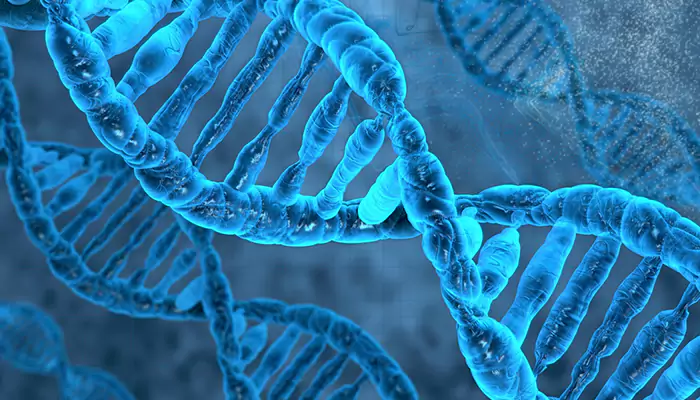The key to our humanity isn’t genetic, it’s microbial: Here’s why
Explore how the human microbiome, rather than our genes, plays a crucial role in shaping our health.
- Rinks
- 15 May, 2025
- 2 mins ago

The key to our humanity isn’t genetic, it’s microbial: Here’s why
Explore how the human microbiome, rather than our genes, plays a crucial role in shaping our health.
In recent years, scientific research has unveiled a remarkable truth. The key to our humanity may lie not in our genes, but in the trillions of microorganisms that inhabit our bodies. These microbes, collectively known as the human microbiome, play an essential role in our health, development, and even behaviour. By exploring the influence of these microscopic partners, we can gain a deeper understanding of what makes us truly human. Read on!
The human microbiome
Our relationship with these microorganisms is symbiotic. They help digest food, synthesise essential vitamins, regulate the immune system, and protect against harmful pathogens. In return, we provide them with a habitat and nutrients. This intricate partnership has evolved over millions of years, shaping both our physiology and our evolution.

Microbes and health
While the role of gut bacteria in digestion is well-known, recent studies have uncovered their influence on numerous aspects of health. The gut-brain axis, for instance, demonstrates how gut microbes can affect our mental health. These microorganisms produce neurotransmitters and other chemicals that can influence mood and cognitive function.
Moreover, the microbiome is crucial in immune system development. Early exposure to a diverse range of microbes helps train the immune system to distinguish between harmful and harmless agents. This process can reduce the risk of allergies. The hygiene hypothesis supports this idea, proposing that a lack of microbial exposure in early childhood may contribute to the rise in allergic and autoimmune conditions in developed countries.
Microbes and behaviour
Emerging research suggests that our microbiome might also influence our behaviour. Animal studies have shown that altering the gut microbiome can affect social behaviour. While human studies are still in their early stages, there is growing evidence that gut bacteria can impact our mental state and behaviour.
One fascinating example is the potential link between the microbiome ASD. Some studies have found differences in the gut bacteria of individuals with ASD compared to neurotypical individuals. While more research is needed to understand these findings fully, they point to the possibility that the microbiome could play a role in the development or manifestation of ASD symptoms.
Microbes and evolution
The influence of microbes on human evolution cannot be overstated. The co-evolution of humans and microbes has shaped our development, adaptation, and survival. For instance, the ability to digest lactose in adulthood, a trait common in populations with a history of dairy farming, is linked to changes in gut bacteria that aid in lactose digestion.
The diversity of our microbiome is influenced by diet, environment, and lifestyle. Traditional hunter-gatherer societies, for example, tend to have a more diverse microbiome compared to those in industrialised societies. This diversity is associated with better health outcomes and lower rates of chronic health issues. Understanding these evolutionary dynamics can offer insights into how we can harness the power of the microbiome to improve health and well-being.










